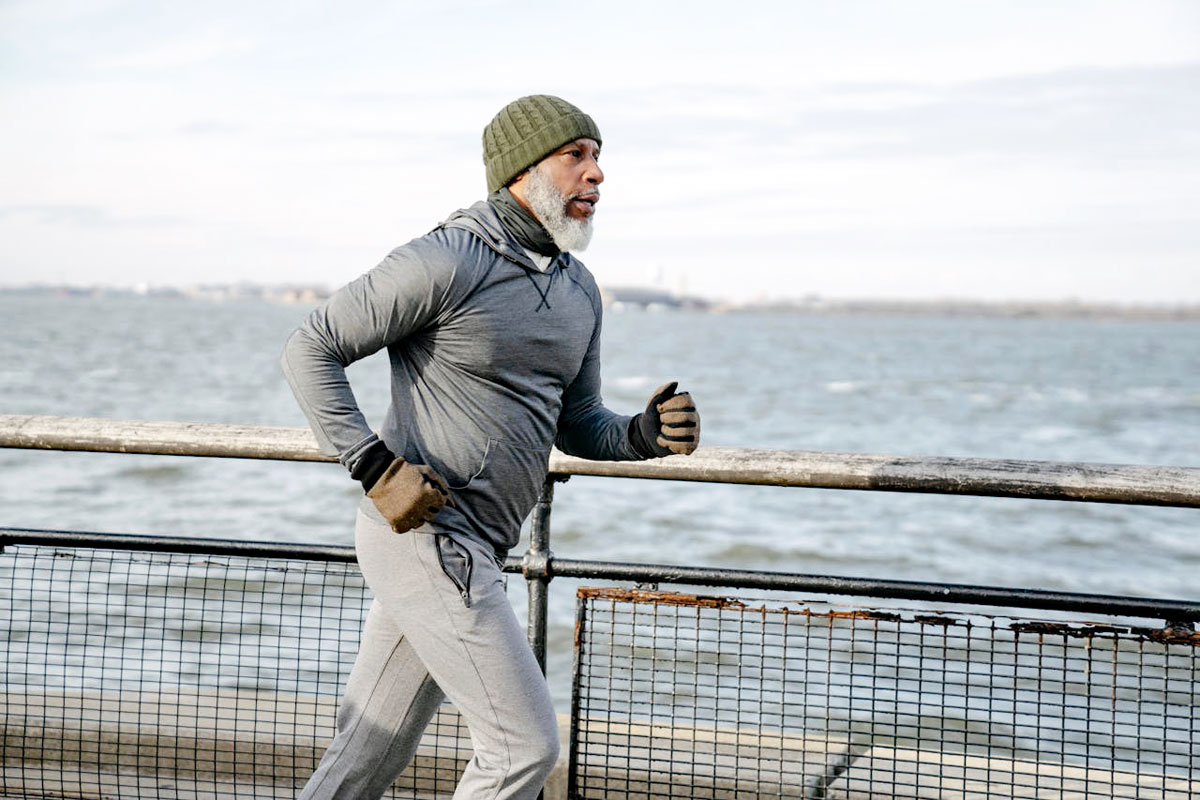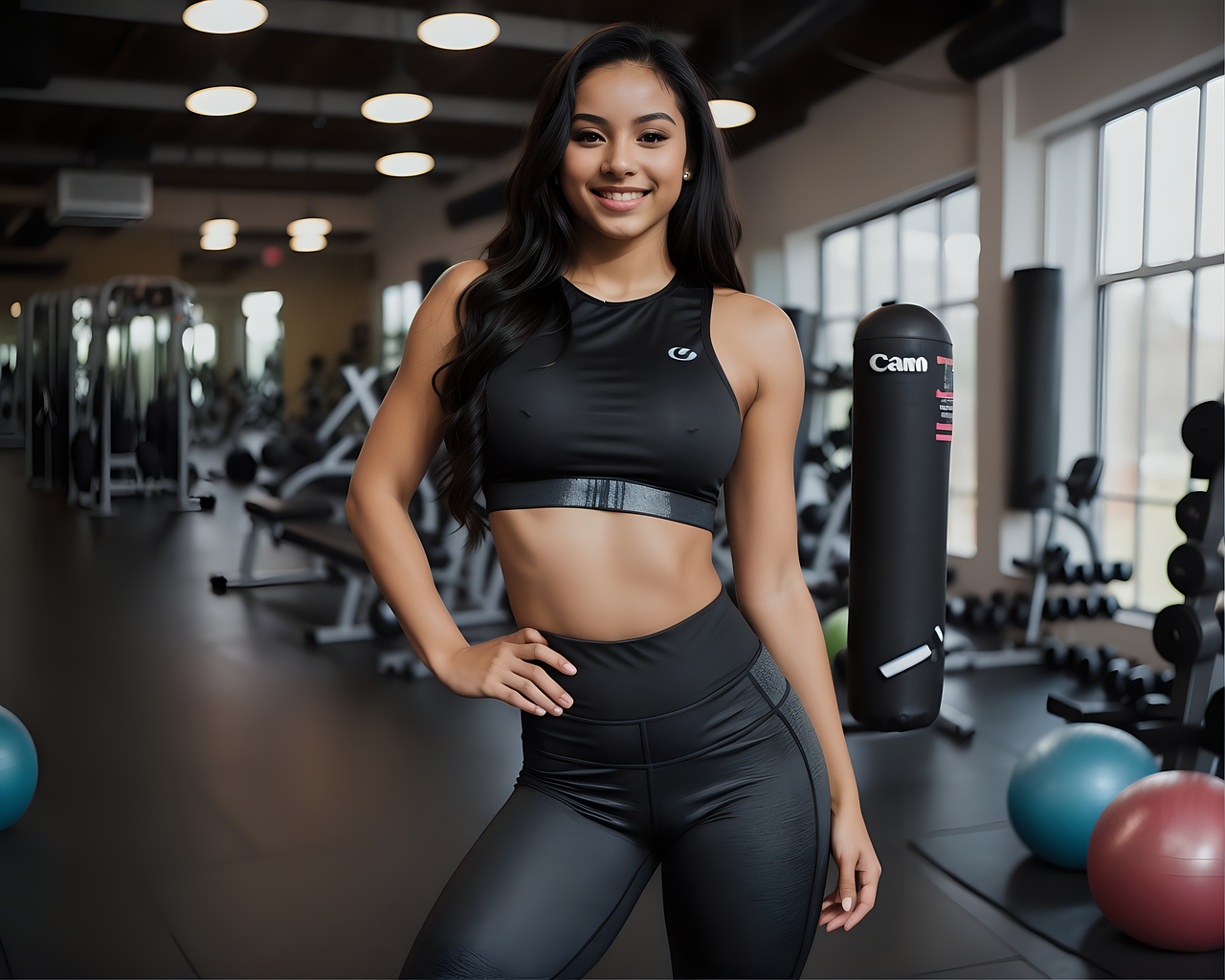The world of fitness is rife with myths and misconceptions that can lead even the most motivated individuals astray. These false beliefs often hinder progress, foster frustration, and sometimes even lead to injuries. Understanding the truth behind these myths is crucial for anyone looking to achieve their fitness goals effectively and sustainably.
Myth 1: Aerobic Exercise Is the Secret to Long-Term Weight Loss
The notion that aerobic exercise is the key to burning fat and achieving long-term weight loss is a common misconception. While aerobic workouts can enhance fat release during exercise, fat burning is not limited to these sessions. In fact, your body is capable of burning fat any time it is in an aerobic state, whether you're driving, reading, or even sleeping.
However, excessive aerobic exercise without incorporating resistance training can lead to muscle loss and a slower metabolism. For optimal results, a balanced approach that includes strength training, supportive eating, and moderate aerobic activity is essential. This strategy ensures continuous progress while avoiding the pitfalls of overtraining and metabolic decline.
Myth 2: Infomercial Products Offer Quick Fixes
Infomercials often market fitness products with exaggerated claims of quick, effortless results. While some of these products may have merit, the promises of miraculous transformations are usually misleading. Fitness success requires consistent effort, discipline, and a sound plan tailored to your needs. Instead of falling for hype, consult a certified fitness professional to make informed decisions about the tools and equipment you need.
Myth 3: The Scale Is the Best Measure of Progress
Relying solely on the scale to track your fitness journey can be misleading and demoralizing. The scale does not distinguish between fat loss and muscle gain, leading to potential misinterpretations of progress. For instance, you might lose fat but gain muscle, resulting in a higher number on the scale despite improved body composition.
To accurately assess your progress, pay attention to how your clothes fit, monitor changes in your body’s appearance, and consider professional body composition measurements. This holistic approach provides a more accurate picture of your achievements.
Myth 4: Weight Loss Pills Are the Solution
The weight loss industry generates billions of dollars by marketing pills that promise rapid results. However, no pharmaceutical product has proven to be a sustainable solution for obesity or long-term weight management. Many of these pills come with significant side effects, ranging from gastrointestinal discomfort to severe health risks.
True weight loss success comes from consistent effort in eating a balanced diet, exercising regularly, and making sustainable lifestyle changes. Avoid relying on pills and instead focus on habits that promote overall health and well-being.
Myth 5: Fruits and Vegetables Alone Constitute a Healthy Weight Loss Plan
While fruits and vegetables are essential components of a healthy diet, relying solely on them for weight loss can lead to nutritional imbalances. These foods are low in calories and high in water content, which may cause temporary weight loss due to reduced calorie intake. However, this approach often lacks adequate protein and healthy fats, which are vital for muscle maintenance and metabolic health.
A balanced diet that includes lean proteins, complex carbohydrates, and healthy fats ensures that your body receives all the nutrients it needs to function optimally. Pair fruits and vegetables with other nutrient-dense foods for a sustainable and effective weight loss strategy.
Myth 6: Eating Out Prevents Healthy Eating
Eating out does not have to derail your fitness goals. Many restaurants offer healthy options if you know what to look for. Opt for lean proteins like grilled chicken or fish, substitute starchy sides with vegetables or salads, and avoid calorie-laden dressings and sauces. Japanese cuisine, for example, often features nutrient-dense options like sushi, sashimi, and steamed vegetables.
With a bit of planning and mindfulness, dining out can fit seamlessly into a healthy eating plan.
Myth 7: Age Is a Barrier to Exercise
The belief that age limits one’s ability to exercise is a harmful misconception. Exercise is beneficial for individuals of all ages and can be adapted to suit varying fitness levels and health conditions. Even light activities such as nordic walking or chair exercises can significantly improve mobility, strength, and overall health in older adults.
Many people in their 50s, 60s, and beyond report feeling stronger and more energetic after incorporating regular exercise into their routines. It’s never too late to start.
Myth 8: Aerobic Exercise Should Precede Weight Training
Many believe that starting a workout with aerobic exercise is the best way to warm up. However, this can deplete glycogen stores needed for effective weight training. Resistance exercises rely on glycogen as the primary energy source, and beginning with intense aerobic activity can hinder performance and muscle development.
For optimal results, start with a light aerobic warm-up to increase blood flow, followed by your weight training session. This approach preserves glycogen for strength training and allows aerobic exercise to burn fat more effectively afterward.
Fitness success requires more than effort; it demands knowledge and the ability to differentiate between fact and fiction. By debunking these common myths and adopting evidence-based strategies, you can create a more effective, sustainable, and enjoyable fitness journey. Focus on balance, consistency, and informed choices to achieve your health and fitness goals.













